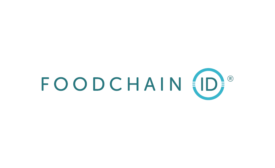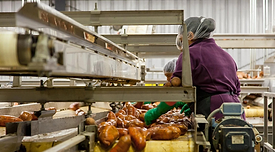Home » sustainability
Articles Tagged with ''sustainability''
Risk Culture: How Reducing Complexity Improves the Safety of Consumers, Team Members, and the Company
The way a company approaches its assessment and management of risks has a direct impact on its success
August 7, 2023
Keeping It Clean—Can Sanitizing Be More Sustainable?
When implementing water-saving initiatives or using more environmentally friendly chemicals, care must be taken to avoid compromising hygiene
Anette Granly Koch M.Sc., Ph.D.
Gry Carl Terrell M.Sc.
Freja Lea Lüthje
Rikke Hjort Hansen
Emma Bildsted Petersen
June 12, 2023
Never miss the latest news and trends driving the food safety industry
eNewsletter | Website | eMagazine
JOIN TODAY!Copyright ©2025. All Rights Reserved BNP Media.
Design, CMS, Hosting & Web Development :: ePublishing











